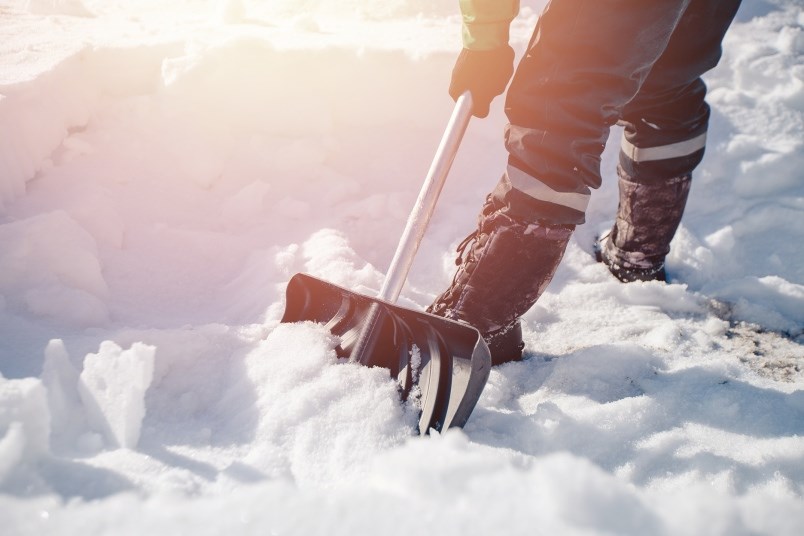The City of Burnaby is looking to offer shelter to people and warning other residents to be careful as temperatures turn frigid in the coming days.
While locals have been privy to some subzero temperatures over the past week, the Metro Vancouver weather forecast includes several opportunities for freezing cold on the weekend and continuing into next week – with snow also likely.
An Arctic air mass currently sitting over the Interior of B.C. is expected to move towards the coast over the next few days.
Starting on Tuesday (Dec. 21), Environment Canada calls for snow mixed with rain and a daytime high of 1°C with an overnight low of 2°C. Wednesday is expected to see rain, but Thursday's forecast includes another opportunity for flurries as temperatures dip down to freezing overnight.
There may be snow or rain on Christmas Eve during the day and periods of snowfall overnight as temperatures drop down to -3°C. Following this, the Christmas Day forecast includes periods of snowfall during the day a chance of flurries overnight. However, temperatures are expected to drop down to a frigid -7°C overnight.
With the arrival of snow, the City of Burnaby is asking people to become snow angels by helping neighbours clear their sidewalks, especially if they are seniors or have mobility challenges.
“Burnaby is a city where we look out for our neighbours,” said Mayor Hurley. “That’s the way we roll. This year, I encourage residents to think about the folks next door who might not be able to shovel their sidewalk. If you can, ask them if they’d like you to adopt theirs.”
The cold weather is expected to continue on Boxing Day, with a daytime high of -2°C and an overnight low of -8°C. Monday is also expected to see chilly sub-zero temperatures.
A little preparation can go a long way to keeping people safe during stormy, wintry conditions. Here are some tips to keep safe this winter:
* Prepare for extreme cold: Environment Canada will issue arctic outflow warnings when extremely cold winds that can create wind chill values of -20 C or colder are forecast for six or more hours. Use caution and limit outdoor exposure under these conditions, as there is an increased risk of frostbite and hypothermia. Parents and pet owners should be particularly mindful of children and pets being outdoors during these times.
* Wear your winter gear: Always wear clothing appropriate for the weather. Dressing in layers, with a wind- and water-resistant outer layer, provides flexibility for changing conditions. Cover as much exposed skin as possible by wearing hats, scarves and gloves to avoid frostbite. Try to stay dry and change out of wet clothing as soon as possible.
* Be prepared for power outages: Severe weather can cause power outages. Be prepared for up to one week by developing a household emergency plan and putting together an emergency kit. If you come across a downed or damaged power line, assume it is live and a danger. Stay back at least 10 metres (the length of a bus) and call 911 immediately to report.
* Emergency shelters available: People in need of a warm, safe place to stay during the cold and wet winter months will have access to additional emergency shelter spaces. All shelters, including extreme-weather response shelters, are open throughout B.C. This winter, the Province is providing more than 1,900 temporary shelter spaces and nearly 360 extreme-weather response shelter spaces to ensure people experiencing homelessness have a warm place to sleep and get out of the cold and rain. These emergency shelters supplement more than 2,250 permanent, year-round shelter spaces. The extreme weather response shelters are available overnight when a community issues an extreme-weather alert.
* Be prepared on the road: People should bring warm clothing that does not restrict movement when driving and ensure their vehicles are equipped with a full tank of fuel, a windshield scraper and snow brush, food and water, a first-aid kit and other emergency supplies. If stuck or stranded, people should stay in their vehicles and call 911 for roadside assistance.
With files from Brendan Kergin and Elana Shepert from Glacier Media



